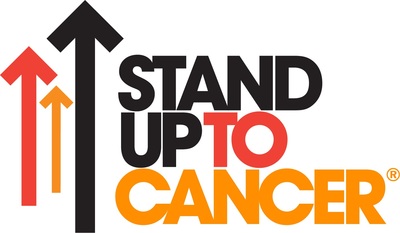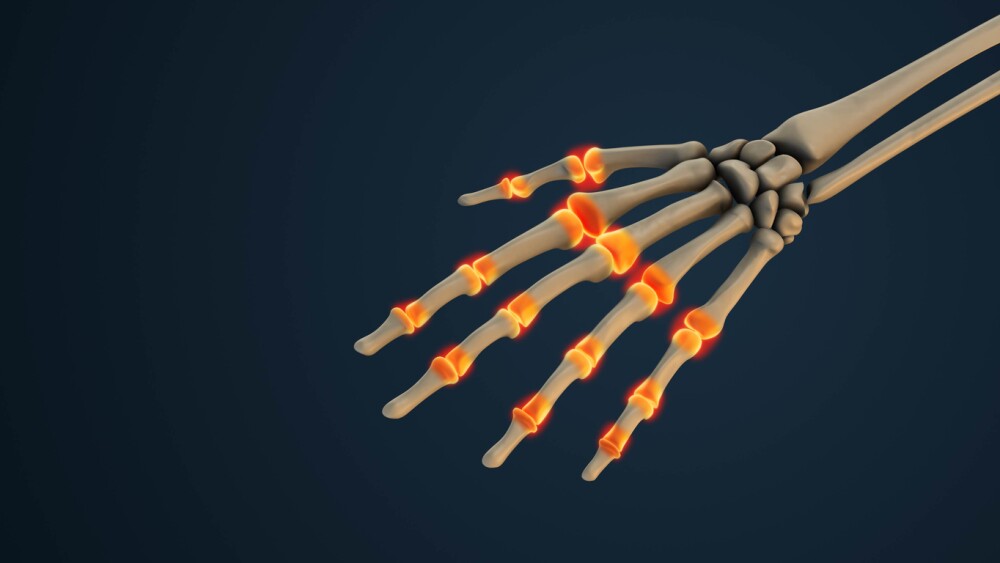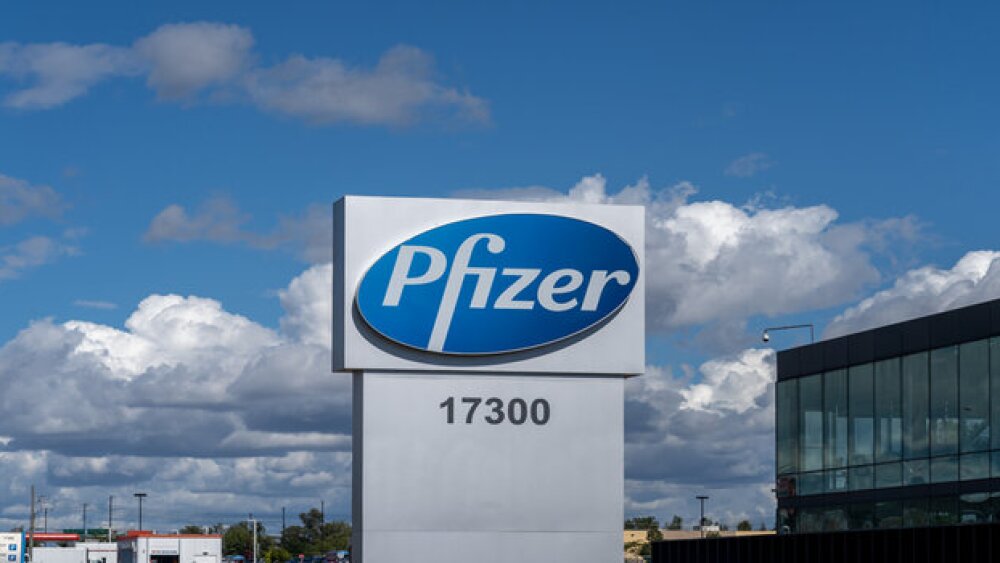Stand Up To Cancer is helping scientists make progress in one of the most important areas of cancer research: expanding the use of autologous CAR T-cell immunotherapy beyond leukemia and other blood cancers to solid tumors such as osteosarcoma and mesothelioma.
ATLANTA, March 31, 2019 /PRNewswire/ -- Stand Up To Cancer (SU2C) is helping scientists make progress in one of the most important areas of cancer research today: expanding the use of autologous CAR T-cell immunotherapy beyond leukemia and other blood cancers to solid tumors such as osteosarcoma and mesothelioma. If ultimately successful, the research could pave the way for a dramatic expansion of a therapy that has revolutionized treatment of blood malignancies but thus far, has had little impact on the solid tumors that make up most cancer cases.

"We are proud to be at the forefront of finding ways to apply immunotherapy to a broader range of cancers for children and adults," said Lee J. Helman, MD, director, Cancer Research Program Children's Hospital of Los Angeles, vice chair of the Stand Up To Cancer Scientific Advisory Committee. "Many challenges remain, but we are confident that this lifesaving therapy can be deployed even more widely and successfully than it already is."
In CAR T-cell therapy, T-cells from the patient's own blood are enhanced in the laboratory with specific components that allow them to hunt for cancer cells, multiplied into armies of cancer-fighters, and then given back to the patients, where they find and destroy cancerous cells.
Difficulties in applying the therapy to solid tumors have included the identification of antigens that will serve as targets for the CAR T-cells; getting (or "trafficking") the cells to the tumors and getting them to stay there to attack the cancerous cells; and dealing with the immunosuppressive environment of the tumor.
Two clinical trials supported by SU2C illustrate the promise of CAR T-cell therapy in solid tumors and were featured at a press conference today at the Annual Meeting 2019 of the American Association of Cancer Research, which is also SU2C's Scientific Partner. They are:
- "A phase I clinical trial of malignant pleural disease treated with regionally delivered autologous mesothelin-targeted CAR T-cells: Safety and efficacy."
Prasad S. Adusumilli, MD, first author, and Michel Sadelain, MD, PhD, senior author, both of Memorial Sloan Kettering Cancer Center. The study was supported in part by the SU2C-Cancer Research Institute Cancer Immunology Dream Team. "In this phase I clinical trial, intrapleurally administered MSLN-targeted CAR T-cells had no evidence of 'on-target, off-tumor' or therapy related toxicity, and there was evidence of CAR T-cell antitumor activity," the authors reported. "MSLN-targeted CAR T-cell therapy combined with anti-PD1 agents shows encouraging clinical outcomes, thus a combination therapy trial is planned to recruit patients in the second quarter of 2019."
- "Administration of HER2-CAR T-cells after lymphodepletion safely improves T-cell expansion and induces clinical responses in patients with advanced sarcomas."
The trial was supported by the St. Baldrick's Foundation-SU2C Pediatric Cancer Dream Team, among others. Shoba A. Navai, MD, of Baylor College of Medicine is first author. Also, at Baylor are Meenakshi Hegde, MD, senior author; a young investigator on the Dream Team and a 2017 SU2C Innovative Research Grant recipient, and Nabil M. Ahmed, MD, principal investigator on the trial and a principal investigator on the Dream Team. The authors concluded: "Administration of lymphodepletion chemotherapy followed by autologous HER2-CAR T-cells is safely tolerated and is associated with objective clinical benefit in some patients with advanced HER2+ sarcoma. Immune correlative studies suggest that the HER2-CAR T-cells given in combination with Flu/Cy lymphodepletion induce endogenous immune reactivity. These findings warrant further evaluation in a phase 2 study as a single agent or in combination with other approaches."
"SU2C is proud to support the scientists who have done this extraordinary work," said SU2C President and CEO Sung Poblete, PhD, RN. "They are making meaningful contributions to SU2C's research portfolio in the development of immunotherapy." To date, SU2C has invested more than $175 million in the study of immuno-oncology.
About Stand Up To Cancer
STAND UP TO CANCER (SU2C) raises funds to accelerate the pace of research to get new therapies to patients quickly and save lives now. A division of the Entertainment Industry Foundation (EIF), SU2C was established in 2008 by media and entertainment leaders who utilize these communities' resources to engage the public in supporting a new, collaborative model of cancer research, to increase awareness about cancer prevention, and to highlight progress being made in the fight against the disease. As of March 2019, more than 1,600 scientists representing more than 180 institutions are involved in SU2C-funded research projects.
The SU2C Scientific Advisory Committee, led by Nobel laureate Phillip A. Sharp, Ph.D., with support of the SU2C Science Strategy and Management Department and the American Association for Cancer Research, SU2C's Scientific Partner, implements rigorous competitive review processes to identify the best research proposals to recommend for funding, oversee grants administration and ensure collaboration across research programs.
Current members of the SU2C Council of Founders and Advisors (CFA) include Katie Couric, Sherry Lansing, Kathleen Lobb, Lisa Paulsen, Rusty Robertson, Sue Schwartz, Pamela Oas Williams, and Ellen Ziffren. The late Laura Ziskin and the late Noreen Fraser are also co-founders. Sung Poblete, Ph.D., R.N., serves as SU2C's president and CEO.
![]() View original content to download multimedia:http://www.prnewswire.com/news-releases/stand-up-to-cancer-supported-clinical-trials-seeking-to-extend-car-t-cell-therapy-to-solid-tumors-reported-at-aacr-annual-meeting-300821318.html
View original content to download multimedia:http://www.prnewswire.com/news-releases/stand-up-to-cancer-supported-clinical-trials-seeking-to-extend-car-t-cell-therapy-to-solid-tumors-reported-at-aacr-annual-meeting-300821318.html
SOURCE Stand Up To Cancer




